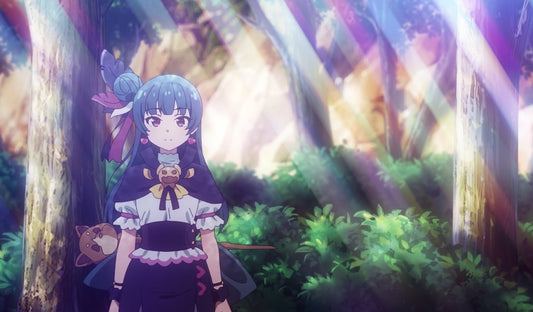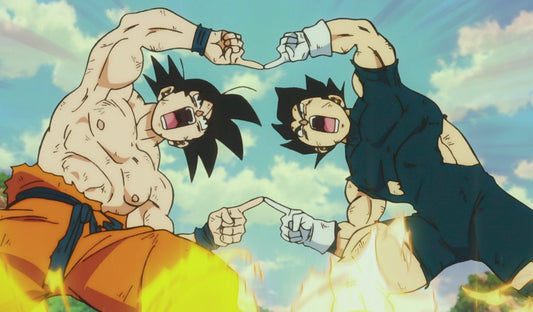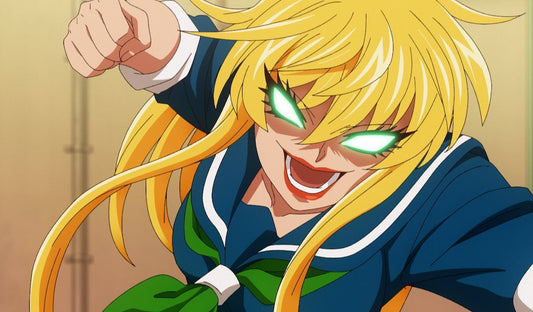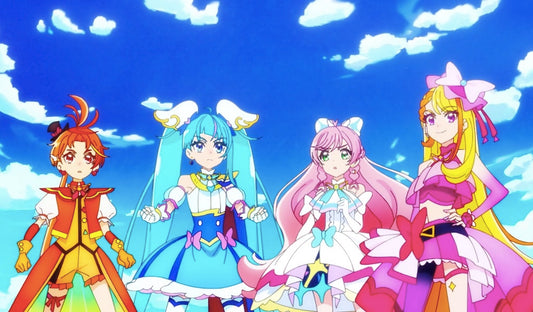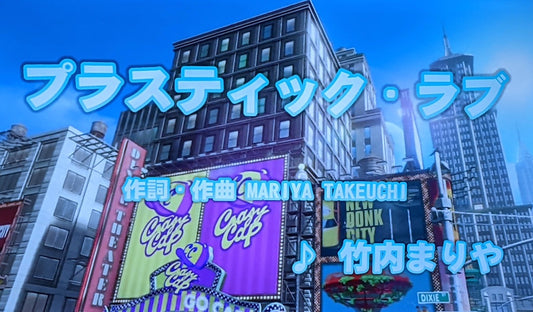Before Akihabara Was Cool: Akiba Maid War and the Importance of the Late 1990s in Otaku Culture
Carl LiShare
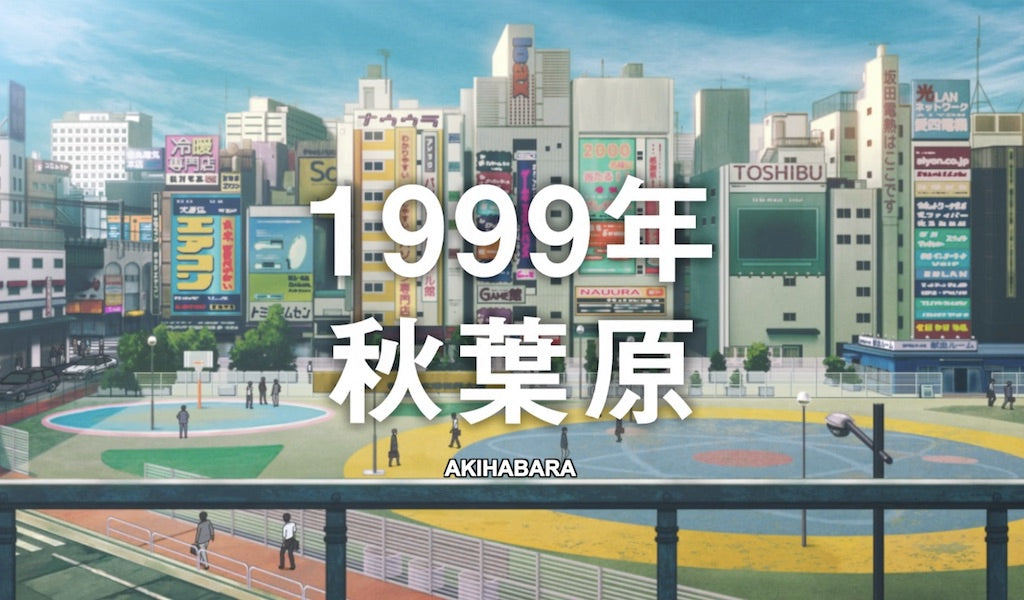

Akiba Maid War is a curious anime that combines the maid cafés of otaku culture with mafia-style struggles for territory. As the name implies, it’s set in Akihabara, the most famous otaku-centric locale in the world—specifically Akihabara circa 1999. This decision is significant because when looking back at the town’s history, the turn of the 21st century was the end of an era: the time before “Akiba” became mainstream.
Early Otaku History of Akihabara
Akihabara’s reputation as the “Electric Town” far predates its reputation as a “holy” site for anime and manga fans. It first arose as a place to buy electronics in 1930s Japan such as televisions and dishwashers, which eventually gave way to computers, VCRs, and the like in the 1980s, when they were far from ubiquitous. This is how Akiba began to earn its status as a haven for hardcore otaku.
Enter the Maid Café
Maid cafés grew out of the otaku fondness for cute 2D girls. The 1996 adult computer game Welcome to Pia Carrot centers around a restaurant where all its waitresses wear maid outfits, and the earliest “maid café” was actually a Pia Carrot cosplay event. By 1999, it grew into a symbolic Akihabara trend that embodied that dedicated audience of people who loved visual novels and otaku-oriented works.
Densha Otoko and National Fame
In 2004, a series of posts on the anonymous bulletin board 2channel would end up changing Akiba forever. A user by the moniker “Densha Otoko” (“Train Man”) claimed to be an awkward otaku who rescued a girl from being accosted on the train, asking advice on what to do next before eventually starting a relationship with her. The posts were collected into a “novel,” which then spawned a multimedia franchise that made “Akihabara” a household word and otaku boyfriends trendy for a brief period. Since then, Akiba’s fame has grown to international proportions, but at the same time has given it a more touristy focus—something that Akiba Maid War notably avoids.
A Personal Note
I never saw the Akihabara of the late 1990s, but my first trip there was actually right on the cusp of the Densha Otoko boom in 2005, when the film and television series debuted. While I didn’t have the historical perspective, it definitely felt a little rougher around the edges compared to my trips a decade later. While I think many of the visitors to Akiba in more recent years have every right to go and to call themselves otaku should they so choose, the feel of Akiba in the 2010s vs. the 2000s is sort of like the difference between a local comic shop and a big bookstore chain. When watching Akiba Maid War, the signage and environment of its portrayal of Akiba bring me back in time to a time when the commercialization of the Electric Town was a bit different.
- A look back at a famous tiny electronic shop in Akihabara that recently shuttered due to the pandemic. Akihabara recently paid a heavy toll, and many other businesses like it have closed their doors for good—including the iconic Sega building that was around in the 90s, making things even more nostalgic.
A Moment in Time
The Akihabara of Akiba Maid War is thus a time capsule of sorts, taking place right before Akiba became known throughout the world. While its portrayal of maid café culture is intentionally exaggerated for entertainment purposes, the idea that these cafés are less honed and more in tune with that awkward otaku audience of 1999 shines through. There’s a great deal of nostalgia for this specific era of Akihabara, and Akiba Maid War gives viewers who might be wholly unfamiliar with it the chance to bask in a bizarrely hyper-violent version that nevertheless captures a slice of a bygone era.
You Might Be Interested in These Posts:
Digimon, Doremi, and the Time Dilation of Nostalgic Sequels
Tokyo’s Jimbocho Is a Place for Manga Historians
To All Love Livers : Practical Guide To Visiting Aqours' Hometown Numazu
